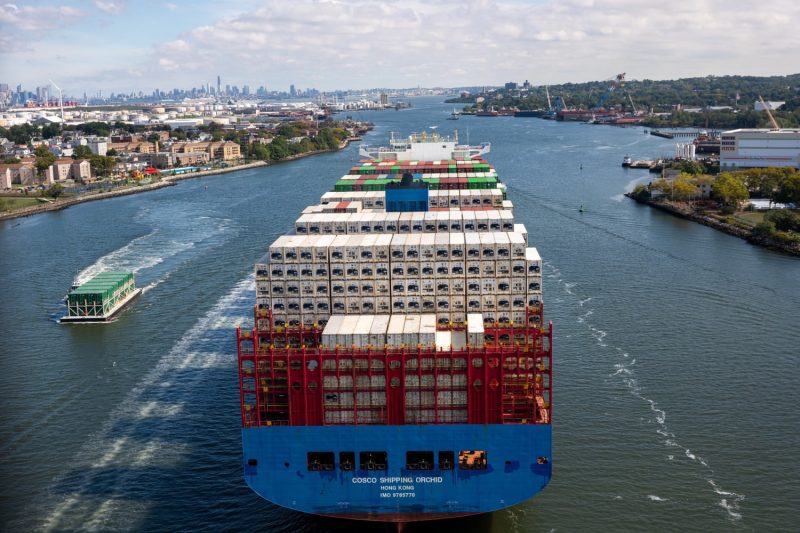In recent news, the East and Gulf Coast ports have been brought to a standstill as thousands of workers initiated a strike in response to various labor issues. The strike, which has left a significant impact on the transportation and logistics industry, raises important questions about labor rights, fair wages, and working conditions.
The decision to go on strike was not made lightly by the workers. Reports indicate that there have been ongoing negotiations between the workers’ unions and port authorities regarding concerns such as low wages, long working hours, inadequate benefits, and unsafe working conditions. Despite these discussions, it appears that the workers felt compelled to take more drastic action, leading to the current halt in port operations.
The effects of the strike have already begun to ripple through the supply chain, causing delays in shipments, disruptions in trade flows, and financial losses for businesses relying on the timely movement of goods. The widespread implications of the strike highlight the crucial role that port workers play in the global economy and emphasize the need for fair and sustainable labor practices within the industry.
Port strikes are not uncommon in the history of labor relations, as workers often use collective action as a means to address grievances and demand better working conditions. While strikes can be disruptive and costly, they also serve as a powerful tool for workers to assert their rights and push for change in an industry that is instrumental to global trade and commerce.
As the strike unfolds and negotiations continue, it is essential for all parties involved to prioritize open dialogue, compromise, and respect for each other’s perspectives. Finding common ground and addressing the underlying issues that led to the strike will be key to resolving the current impasse and ensuring a more sustainable and equitable future for port workers and the industry as a whole.
Ultimately, the East and Gulf Coast port strike serves as a stark reminder of the importance of fair labor practices, worker empowerment, and effective communication in maintaining a healthy and productive workforce. By working together to address the root causes of labor disputes and foster a culture of mutual respect and cooperation, the industry can move towards a more sustainable and harmonious future for all stakeholders involved.
